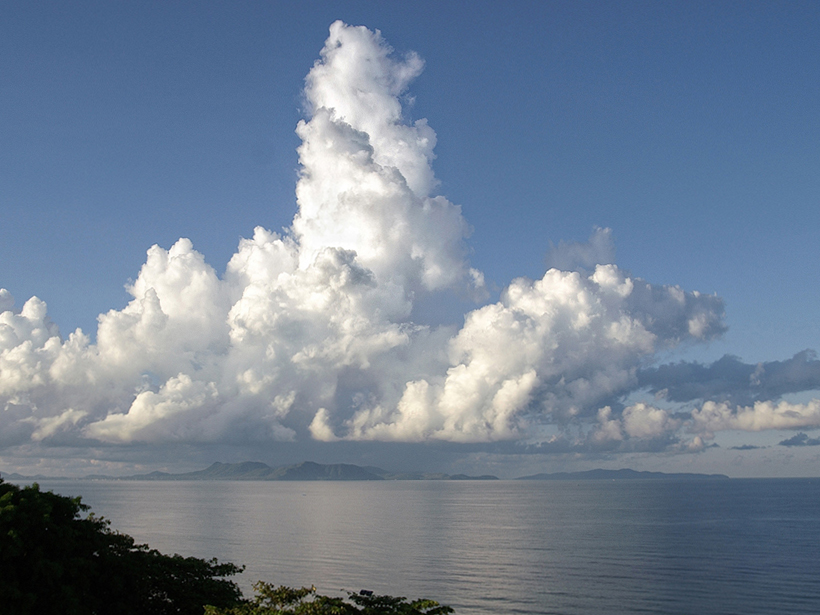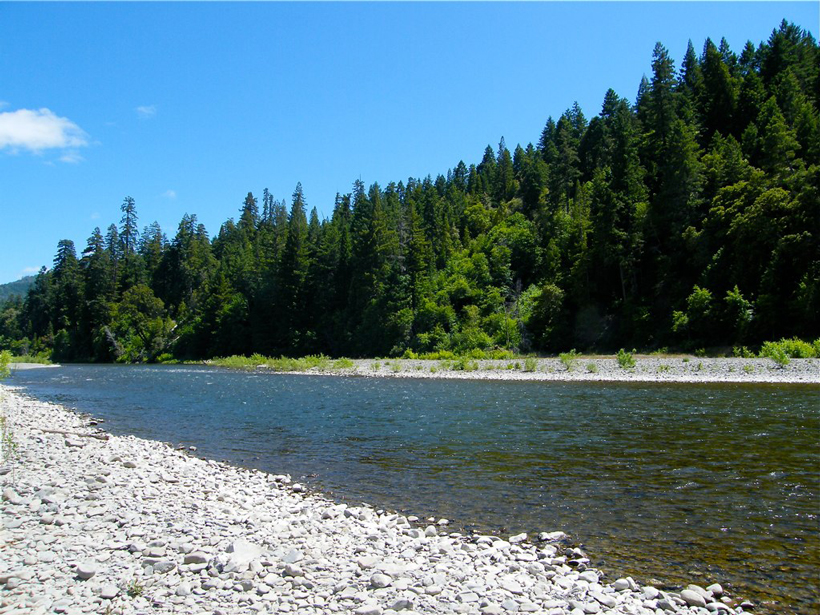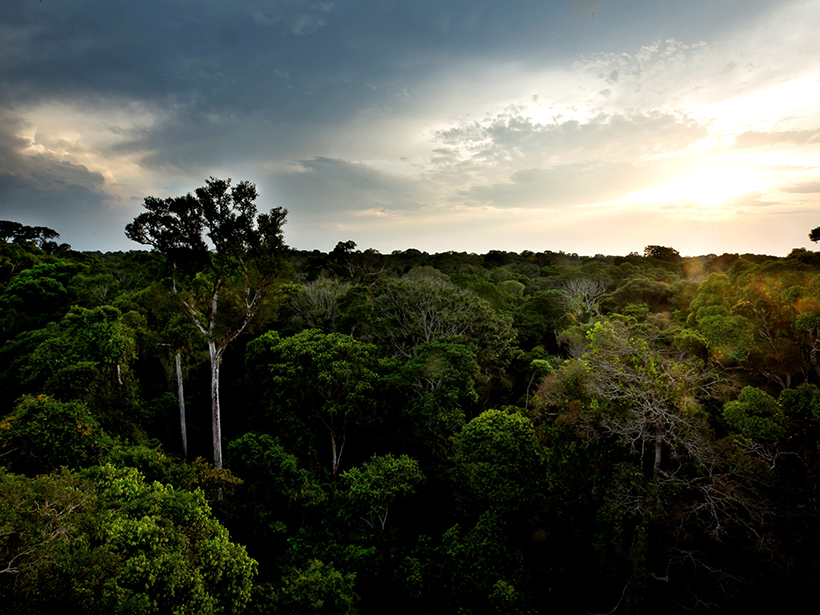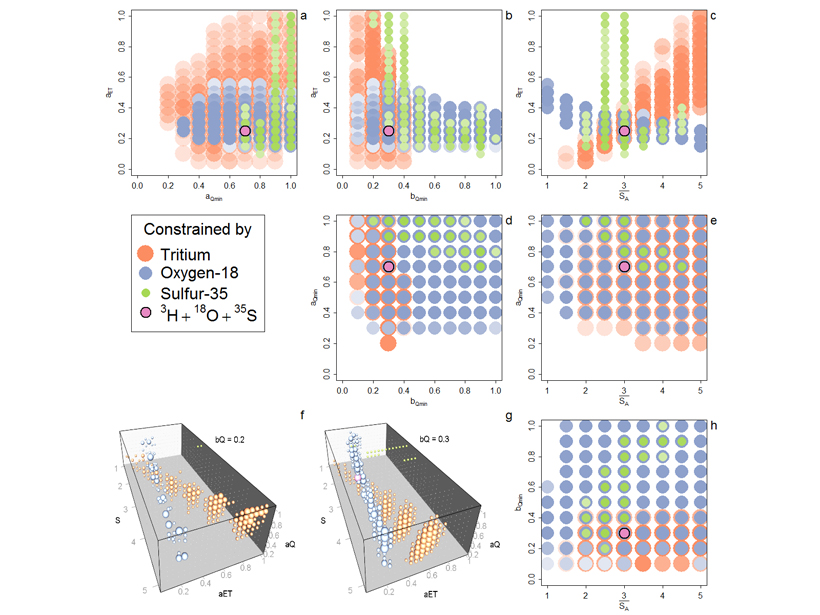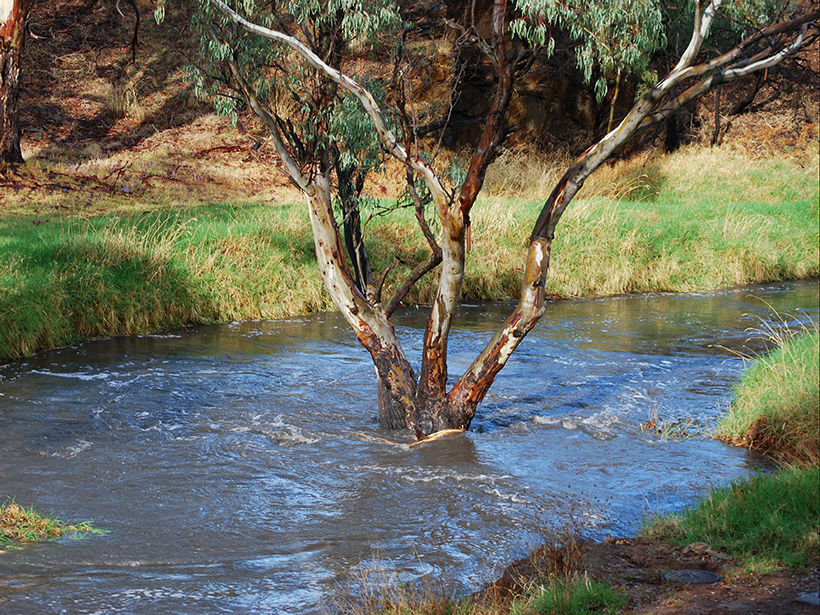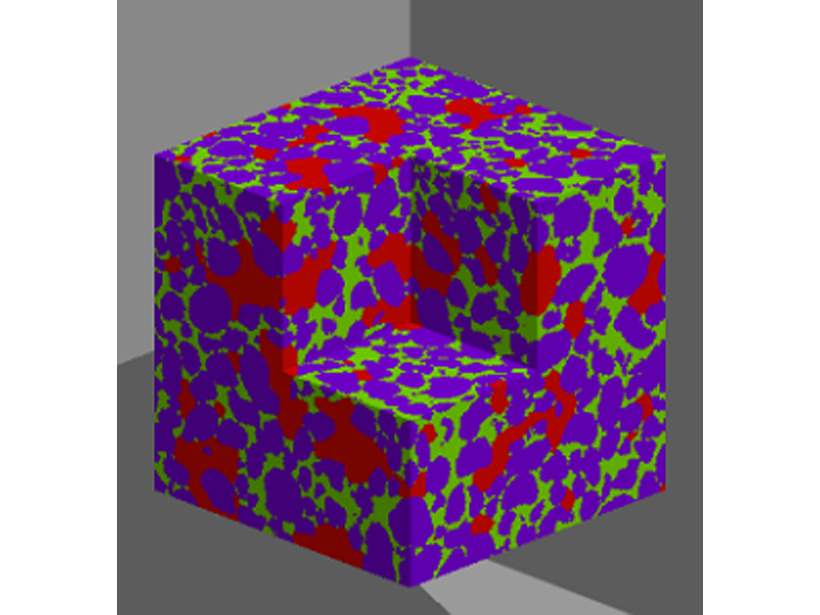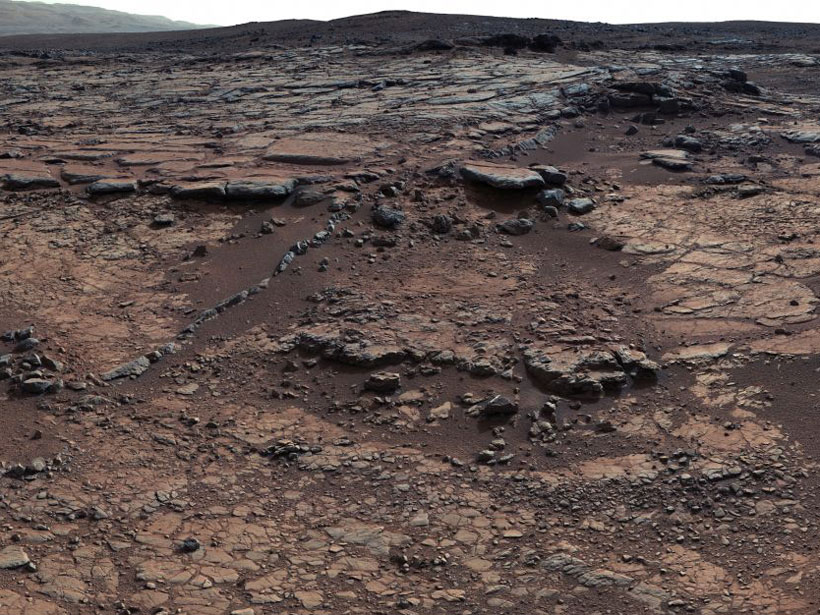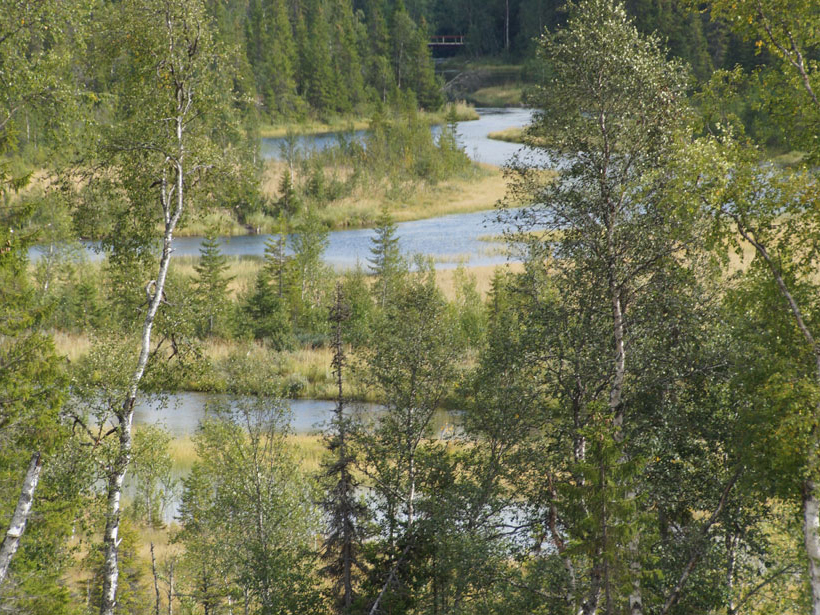A pair of revisions to the Energy Exascale Earth System Model improves its ability to capture late afternoon and nocturnal rainfall as well as the timing and movement of convection.
water cycle
Many Water Cycle Diagrams Promote Misconceptions
Most representations of the water cycle are flawed, researchers found by analyzing over 450 diagrams: The effects of humans, seasonal changes, and different biomes are often neglected.
Answer to California Landscape Riddle Lies Underground
Scientists link vegetation mosaics in California to patterns of weathered bedrock.
Ice Drove Past Indo-Pacific Climate Variance
Researchers used both terrestrial and marine proxy data to reconstruct the dramatic and dynamic climatic changes.
A Simplified Model of Water Vapor Exchange in the Amazon
Evapotranspiration is the exchange of water vapor between land and the atmosphere, and it is hard to measure and model. A new study shows promise for its estimation over large, vegetated landscapes.
Using Radioactive Tracers to Determine the Ages of Streamflow
Radioactive isotope tracers can be used to determine the relationship between the ages of water that is stored in soil and bedrock, water in streams, and the water used by vegetation.
Balancing Robustness and Cost in Hydrological Model Optimization
A new study presents a framework for finding the best optimization algorithm.
Peering into Pores: What Happens When Water Meets Soil?
New research sheds light on the long-standing puzzle of how and why soil water density differs from free water density.
Researchers Bring Early Martian Water Chemistry to Life
Lab experiments constrain conditions necessary for a key mineral to have formed in ancient lagoons and a crater lake.
Organic Particles Affect Carbon Cycling in Boreal Waters
Dissolved organic carbon receives much of the focus in aquatic research, but a new study suggests that bulkier particulate matter may play a significant role in regulating carbon dioxide emissions.

